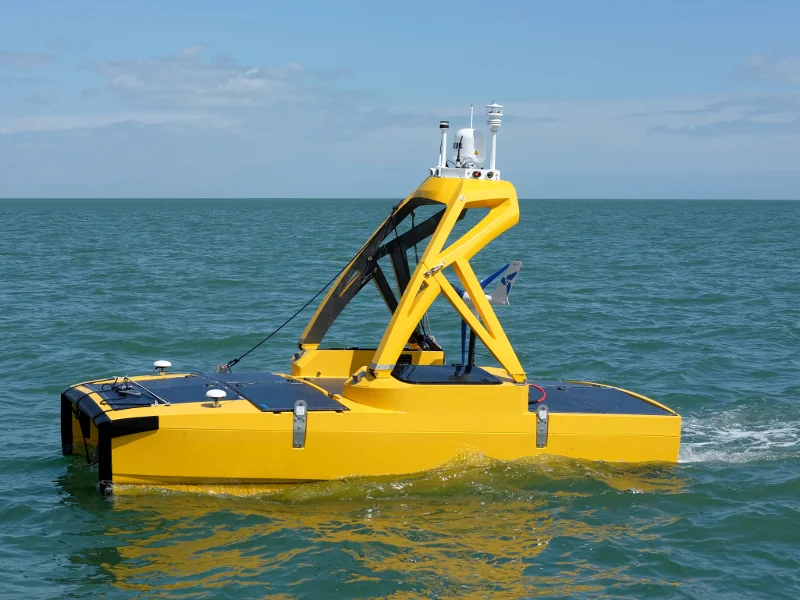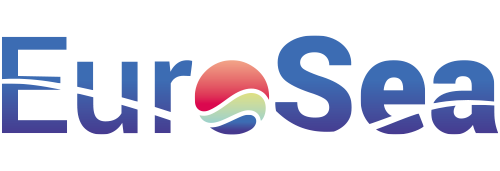
Description
The rise of autonomous surface vehicles in marine and oceanographic research has unlocked new frontiers in data collection and ocean exploration. However, this innovation demands specialized skills for deployment, maintenance, and data interpretation. By focusing on training for this emerging domain, the initiative aims to cultivate a workforce ready to harness the potential of ASVs to the fullest.
Impact During the Project
Bridging the Skill Gap:
Traditional State: Earlier, the use of ASVs might have been limited to institutions or entities with access to specialized personnel or external vendors. A lack of widespread knowledge on ASV operations could limit their adoption and utility.
Advancement: The training program equips technicians and engineers with hands-on expertise in ASV deployment, maintenance, and data interpretation. As a result, more entities can independently operate ASVs, broadening their utilization.
Standardizing ASV Operations:
Traditional State: In the absence of standardized training, ASV operations might have varied across institutions or regions, potentially leading to data inconsistencies or operational inefficiencies.
Advancement: The training ensures that technicians and engineers across different countries follow a consistent operational methodology. This results in standardized data collection and optimizes the longevity and performance of the ASVs.
Impact Post Project
Establishment of an ASV-Centric Workforce:
Traditional State: Historically, marine and oceanographic research largely depended on manual or ship-borne methodologies, with limited opportunities for technicians and engineers to specialize in autonomous technologies.
Advancement: By offering dedicated training on ASVs, the initiative is creating a new category of marine professionals. Technicians and engineers trained in ASVs can cater to the growing demand for autonomous marine research, making them invaluable assets for research institutions, government agencies, and private entities.
Promoting Cross-Country Collaboration:
Traditional State: Without a shared knowledge base, collaboration on ASV-related projects across countries could be challenging, given potential differences in operational procedures.
Advancement: Training technicians and engineers across multiple countries establishes a shared understanding and operational protocol. This common foundation can foster cross-country collaborations, joint research initiatives, and data sharing.
Advancement over and above State of the Art
The structured training on autonomous surface vehicles transforms a cutting-edge technology from being a niche tool to a widely adopted research instrument. By enhancing professional skills in this domain, the initiative is not only promoting the broader adoption of ASVs but is also laying the groundwork for standardized, collaborative, and efficient marine research in the years to come. The cross-country dimension of the training further sets the stage for global collaborations, unified by a shared expertise in ASV operations.
Links and References
Link to D3.5 – ASV Network structure and roadmap: https://eurosea.eu/download/eurosea_d3-5_asv-network_structure_and_roadmap_revised_resubmitted/?wpdmdl=5528&refresh=650197c5df6151694603205
